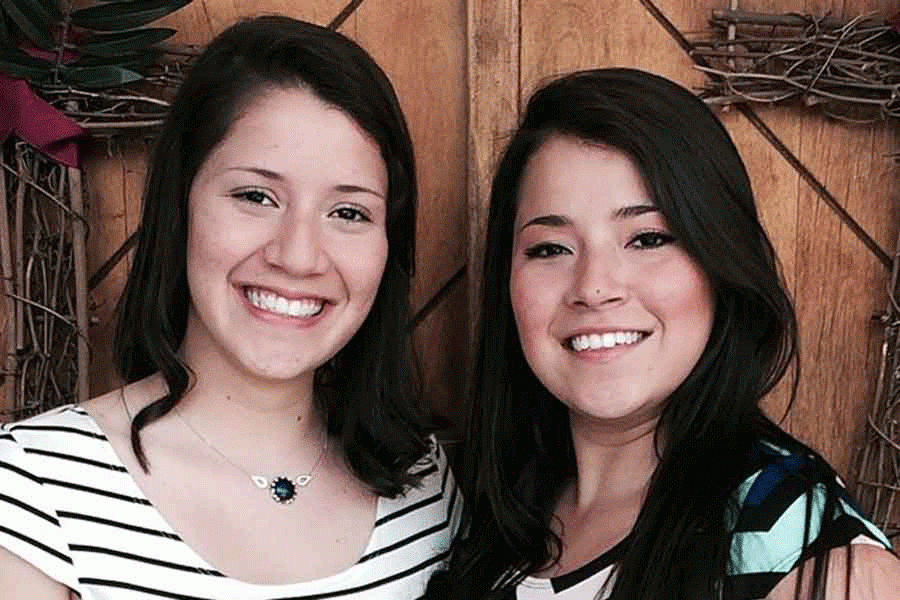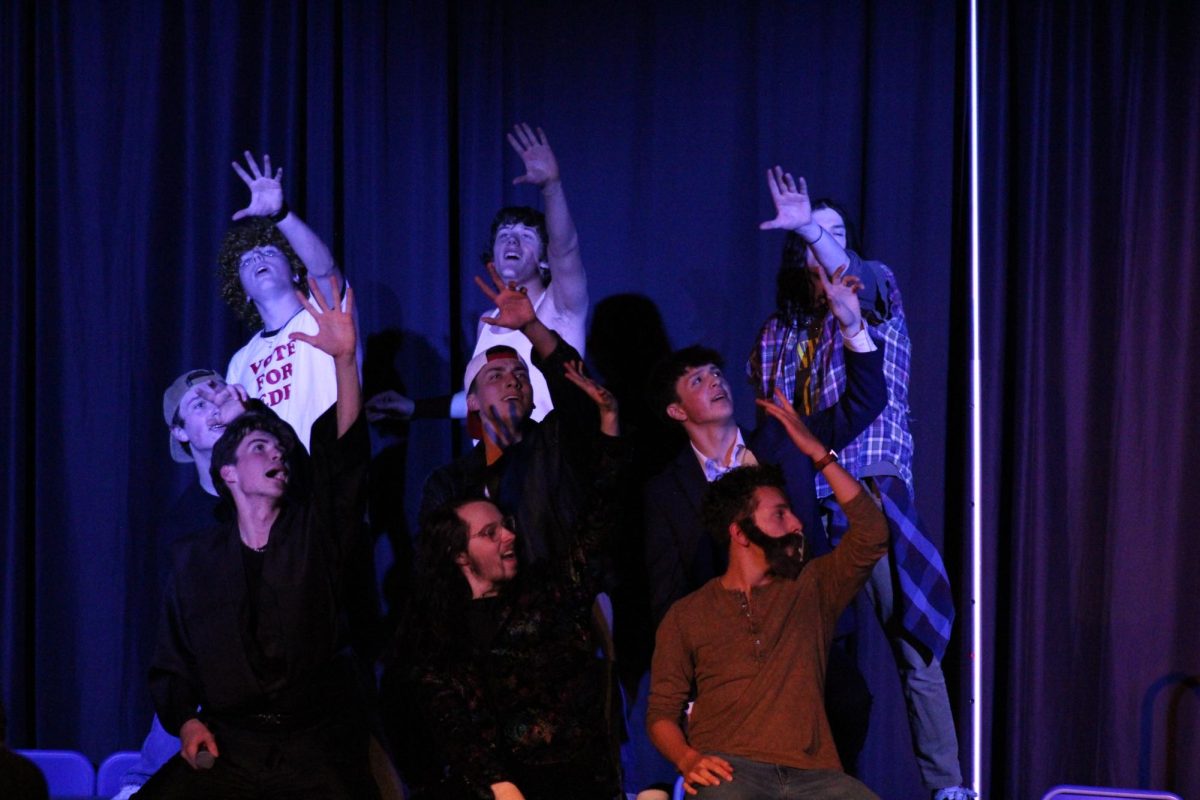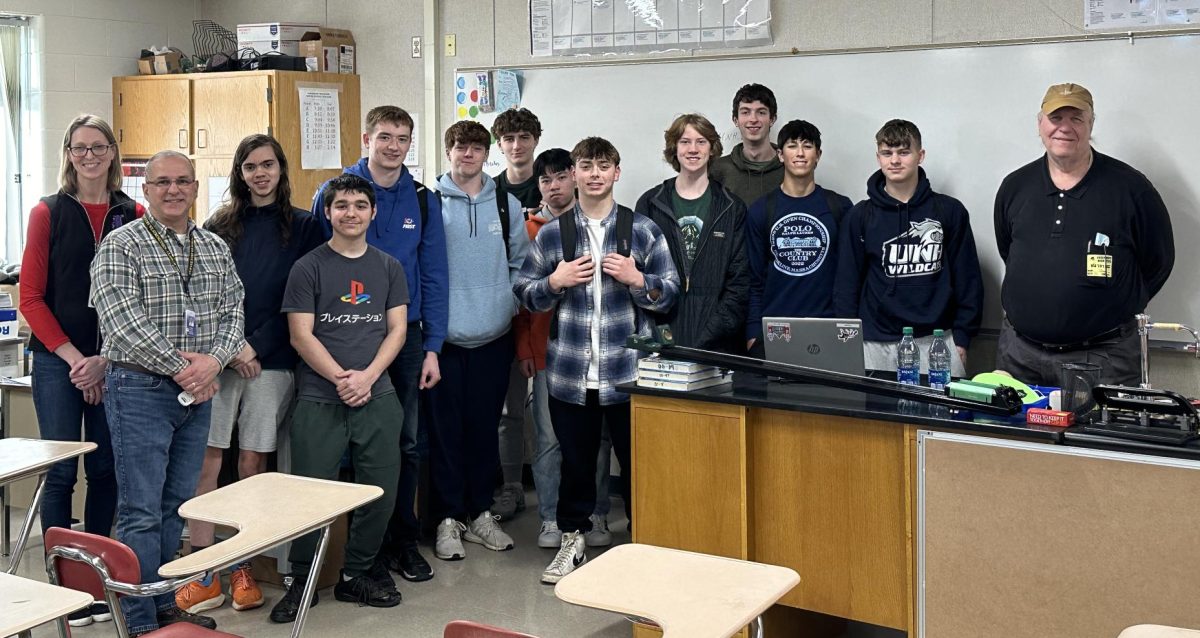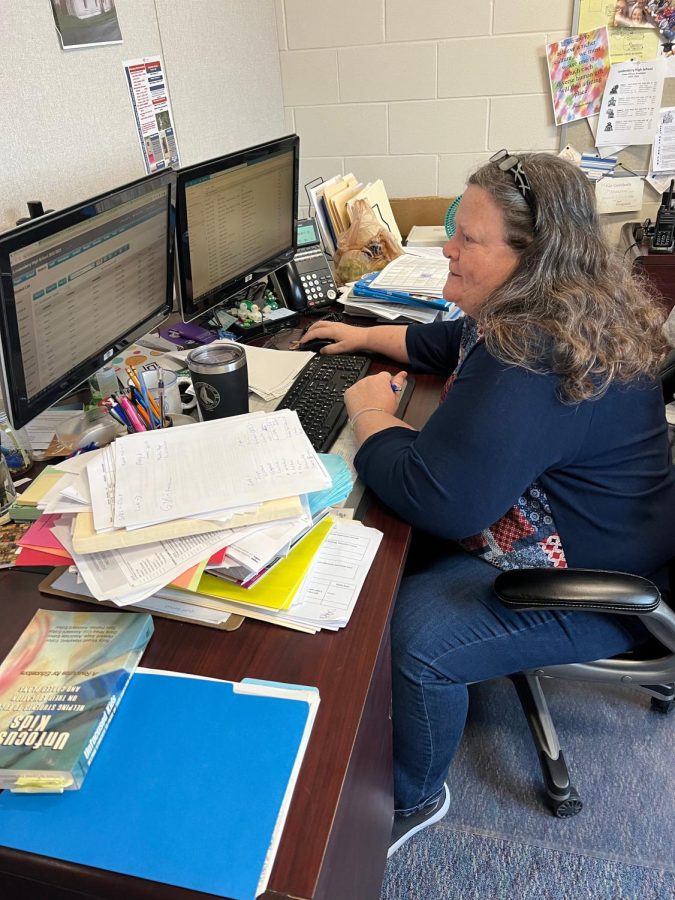Going to a new high school is scary enough on its own, without having to move countries too, but this is exactly what senior Yuly Cabeza and her sister Gina Cabeza, who graduated last year, had to go through, coming from Colombia to LHS.
When Yuly and Gina first came here three years ago, they were enrolled in ESL, a bud of a program for students learning English as a Second Language.
Back then, ESL only consisted of the two Colombian sisters and Ms. Wilkerson, a new teacher at the time.
At first, Wilkerson focused on the basics with them. The better any student performs, the more challenging their reading gets.
Picking up a new language completely is obviously difficult, and usually takes years to master.
“It was really hard because I didn’t know any English, only ‘hi’ and ‘bye,’” Yuly Cabeza said.
Wilkerson makes the program fun, by playing games like “Apples to Apples” to build up students’ vocabulary.
Along with not knowing the same language as everyone else, the environment of the school was much different for Yuly and Gina.
With the language barrier, socializing presents an obvious struggle to foreign students, not only with peers, but with teachers as well.
Yuly recalled how teachers didn’t understand what she was saying, and she didn’t understand what the teachers were saying. Trying to do homework when you don’t even know what you’re supposed to be doing is a big challenge.
Ms. Wilkerson said that when students move to a new country, there are two aspects to learning a new language: the social language and the academic language.
The academic language is vocabulary and words that students would need to be able to participate regularly in their classes. The social language is knowing how to talk to others and keep a conversation going. These aspects are crucial in order to be able to succeed in school, as well as succeed in socializing with others, which helps in learning the language.
“It’s so much easier to at least talk to someone now” Yuly said.
Moving to a new country is no easy task, especially since some students come for scary reasons. One goal of ESL is for these new students to feel comfortable at school and be confident enough to try new things.
“It’s important for them to be in a place where they can be who they are and grow,”
Wilkerson welcomes new students and tries to make them feel as comfortable as possible at their new school.
“It’s fun for me to see them in a safe and comfortable place, where they can try out new things, and also keeping their cultural identity and staying proud of that,” Wilkerson said.
Three years later the Cabeza sisters have grown immensely since they first came here, which is exactly what ESL aims to do.
“It’s different,” Gina said. “Now we have friends, we do sports, we don’t have to see Ms.Wilkerson as much like we used to,” Gina said.
Kids from Londonderry try to fit in among other kids from the same town, so it only makes sense that students from across the world would try to fit in among everyone else.
It’s easy for foreign students to want to just fit in and “dismiss their culture,” Wilkerson said, “but being different is good.”
ESL doesn’t specifically target students from one country; it’s open for any foreign students. All of these students however, are alike in coming to a new country for the first time. Though all the students come from different backgrounds, they “work really hard to create a community” according to Wilkerson.
Students in their first year will have three periods of ESL, really getting to know each other well.
“It’s like a family,” Yuly said. “You get to get really close to them [the other students] as well as Ms.Wilkerson.”
The program has now expanded to a dozen of students coming from El Salvador and as far as Ukraine.
New kids this year have someone to talk to who already went through the same process, unlike the Cabeza sisters their first year.
“We helped the ones that came this year, because we already know what it’s like,” Gina said.
ESL students not only learn English, but they also get a glimpse at other languages.
“It’s really cool, because you learn a lot of languages,” Yuly said.
It can be hard to talk to people in other languages; it involves a lot of explaining with hand gestures, according to Yuly.
Spending time with these students from thousands of miles away is one of Wilkerson’s favorite parts of being the ESL teacher.
“I love it because you get to talk to people from all over and learn about their culture,” Wilkerson said.








